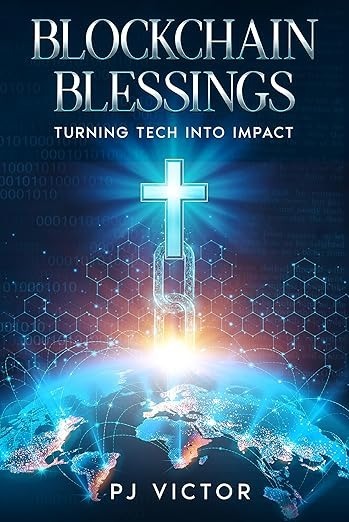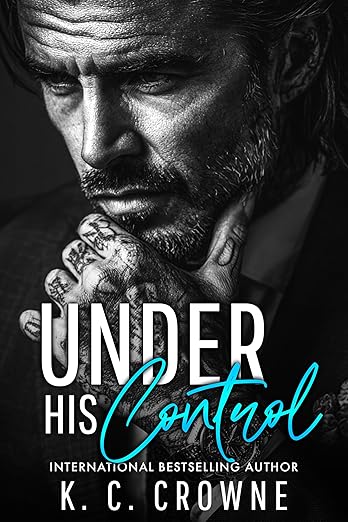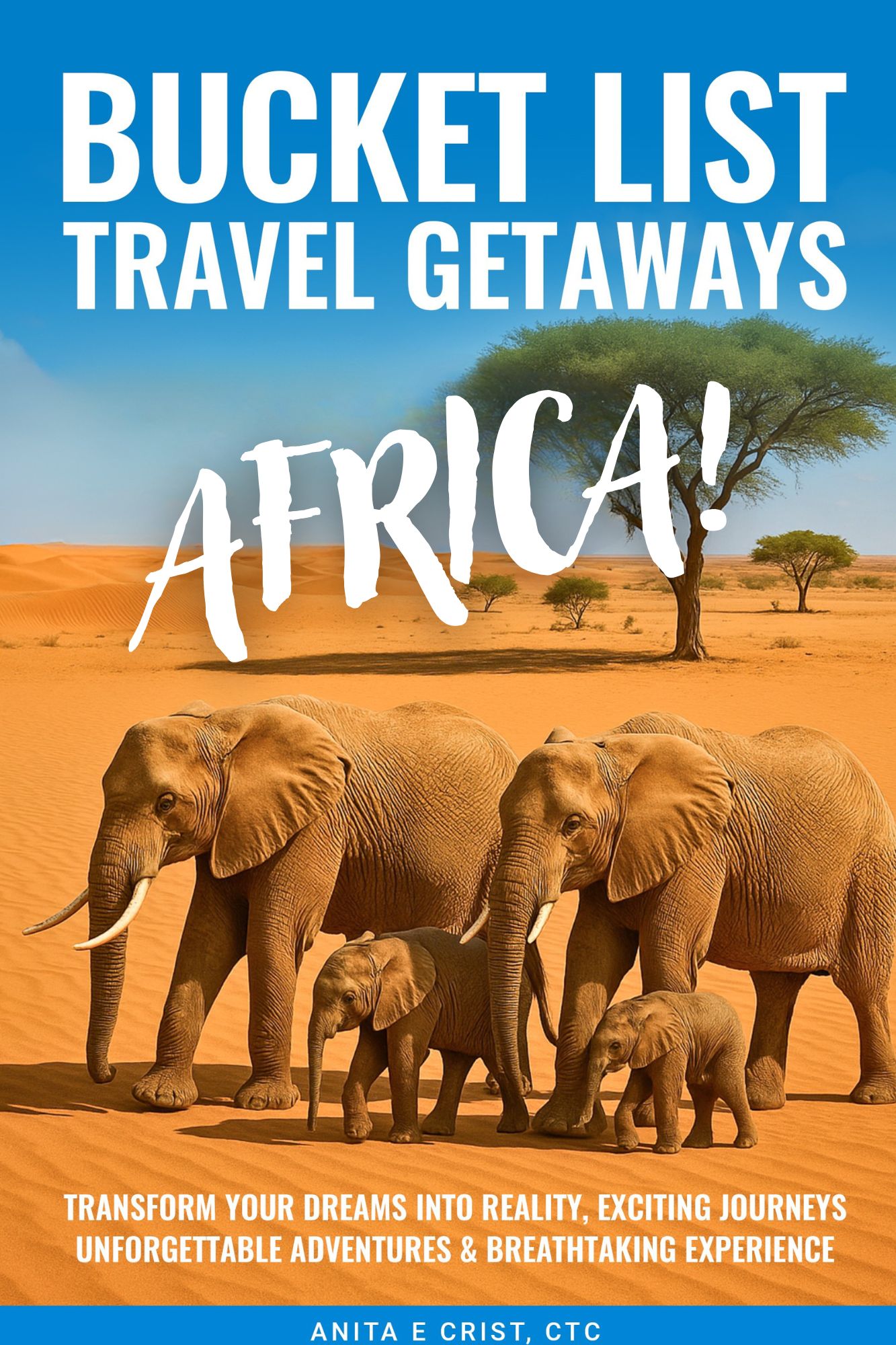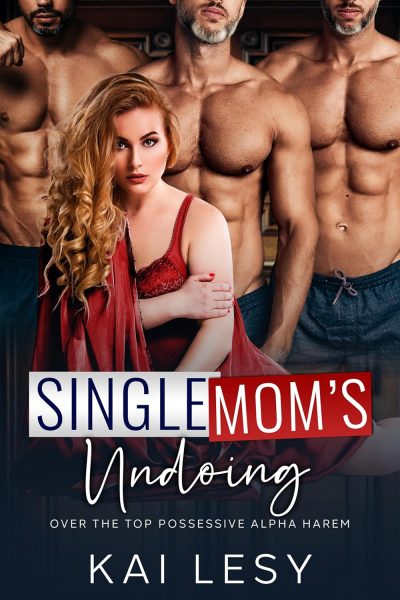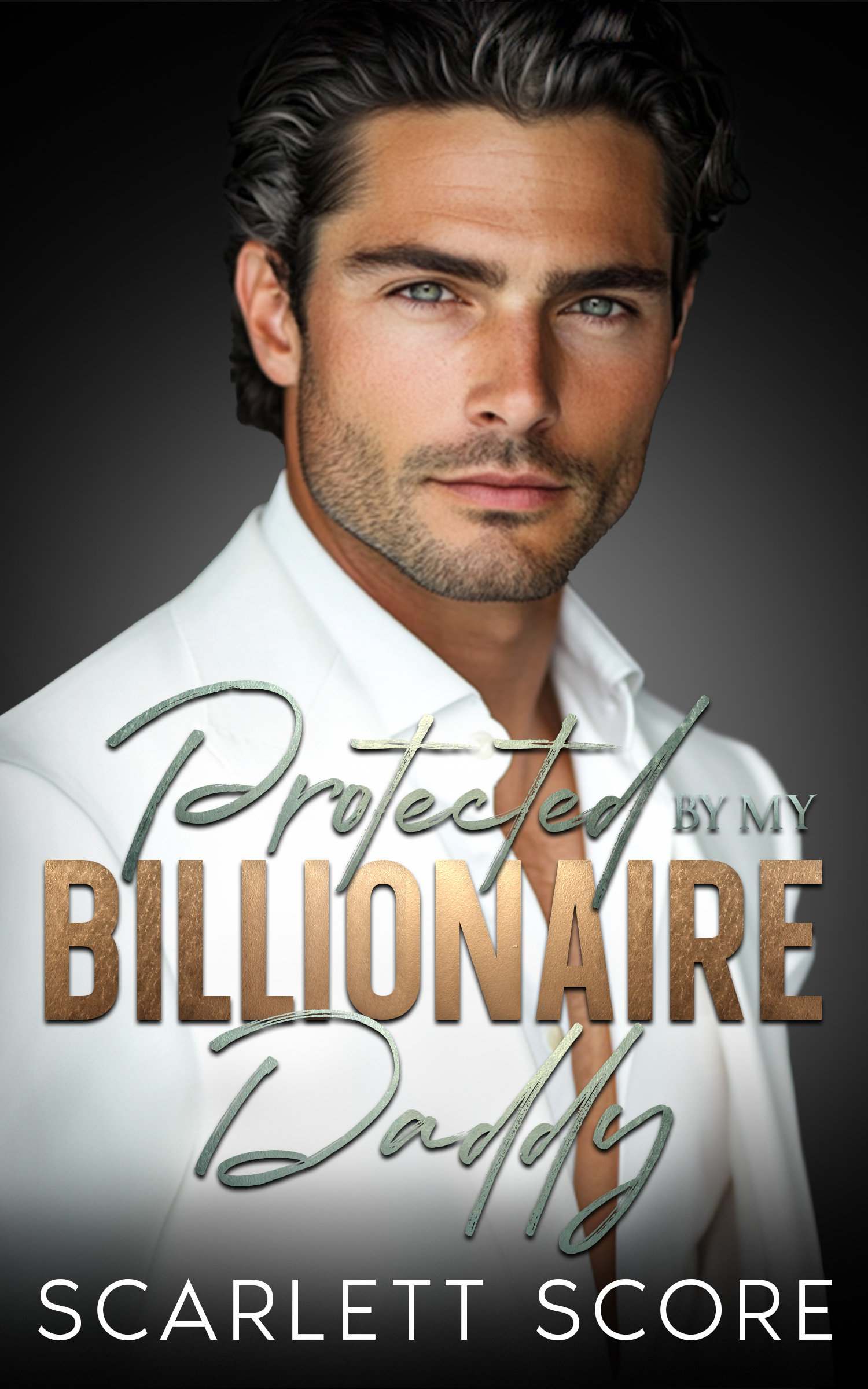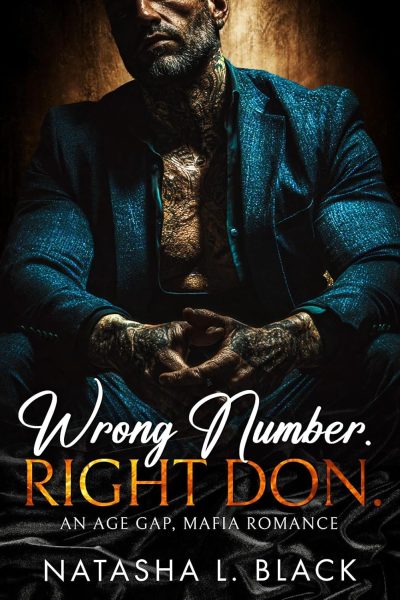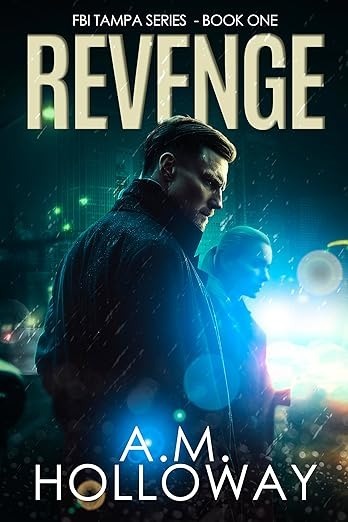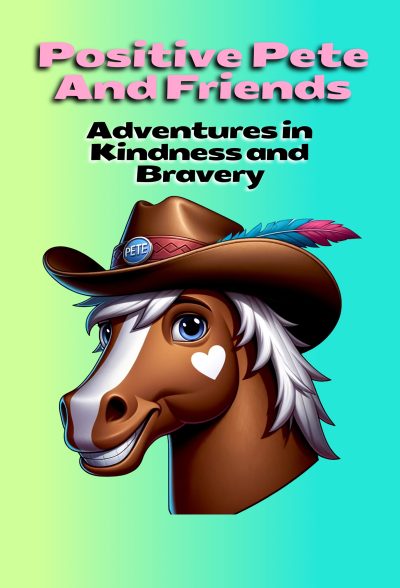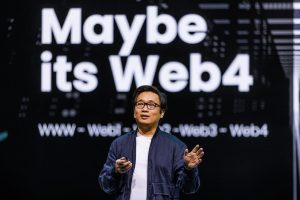 Tell us about yourself.
Tell us about yourself.
I’m Anndy Lian—a Singapore-born investor, author, and advisor at the intersection of technology, finance, and innovation. Over the years, I’ve worked closely with startups, governments, and global organizations on digital transformation, blockchain, and the future of Web3. I’ve served as Chairman of BigONE Exchange and advised on fintech strategies across Asia and beyond.
But beyond titles, I’m someone deeply curious about how technology reshapes lives. I believe complex ideas should be accessible to everyone—not locked behind jargon. That belief led me to write books that simplify the future: from Blockchain Revolution 2030 and NFT: From Zero to Hero, to my latest work, Discovering Singapore By Chance, co-authored with Jenny Zheng.
I’m also a public speaker, media contributor, and educator, passionate about empowering creators, entrepreneurs, and everyday people to understand and shape the digital world. Whether through writing, speaking, or advising, my mission is clear: to bridge the gap between innovation and understanding.
At heart, I’m a storyteller—using words, ideas, and action to make sense of change, one book, one conversation, one breakthrough at a time.
What inspired you to start writing, and how did you get started in the world of storytelling?
I started writing because I was frustrated—frustrated that powerful technologies like blockchain and NFTs were being discussed in ways that only experts seemed to understand. I saw people shutting down, switching off, because the language was too technical, too cold. I knew these innovations could change lives, but only if people could get them.
That sparked my journey into storytelling. I realized I didn’t need to be a journalist or a novelist to make a difference. I just needed to explain things clearly, honestly, and with heart.
It began with short articles and social media posts—breaking down blockchain concepts in simple terms. I wrote for the person who had no background in tech but wanted to learn. My goal wasn’t to impress, but to empower.
The response was immediate. People reached out saying, “Now I finally understand.” That feedback fueled me. I started speaking at events, and eventually, I co-authored my first book, Blockchain Revolution 2030, to reach even more readers.
From there, writing became a natural extension of my work and mission. With NFT: From Zero to Hero, I wanted to guide creators into the digital economy. And with Discovering Singapore By Chance, I used storytelling to explore identity, belonging, and the soul of a nation.
So what inspired me? A simple belief: knowledge should be shared, not hoarded. I got started not with a grand plan, but with a keyboard, a message, and a desire to make the complex feel human. And I haven’t stopped since.
What’s the most fun part of writing—plotting a twist, creating a quirky character, or something else entirely?
For Discovering Singapore By Chance, the most fun part of writing was capturing the small, human moments that reveal the soul of a place.
Since the book is a blend of personal discovery and cultural insight, the joy came not from plotting twists or inventing characters—but from reliving and sharing the quiet, unexpected moments that make Singapore feel alive: the hawker stall banter, the MRT conversations in three languages, the way tradition and innovation coexist on the same street.
It was especially rewarding to write from two perspectives—Jenny’s fresh, outsider curiosity and my own insider reflections—and see how they shaped each other. The “aha” moments weren’t in dramatic turns, but in realizations: how a simple act like queuing for food can reflect national values, or how urban planning quietly shapes daily life.
The most fun, honestly, was turning observations into stories that resonate—where a walk through a neighborhood becomes a window into identity, history, and belonging. In this book, the city itself is the main character, and uncovering its layers, one story at a time, was the greatest joy.
What’s the most unusual or quirky source of inspiration you’ve ever had for a story?
The most unusual source of inspiration for Discovering Singapore By Chance was a 20-cent packet of curry puffs from a hawker stall at 8 a.m.
One morning, I was sitting at a crowded coffee shop in Toa Payoh, eating a curry puff with my co-author Jenny. We were tired, slightly grumpy from the early hour, and just going through our notes. Then, an elderly uncle at the next table—who had been quietly observing us—leaned over and said, “You two write about Singapore? Then you must understand kiasu.”
That one word—kiasu, meaning fear of losing out—sparked a two-hour conversation about competition, survival, national mindset, and how a simple snack could reflect deeper cultural values. We recorded it (with his permission), and that impromptu chat became the foundation of a full chapter on Singapore’s psychology.
It wasn’t a conference, a policy paper, or a tech trend that inspired me—it was a random, warm-hearted local with a strong opinion and a love for curry puffs.
That moment reminded me: the best stories don’t come from grand events. They come from real life—over coffee, in hawker centres, in the middle of an unexpected conversation. For me, that’s where truth, humor, and insight truly meet.
What advice would you give to aspiring authors who are just starting their writing journey?
To aspiring authors just starting out, here’s my advice:
Start small, but start now. You don’t need a book deal, a big platform, or perfect conditions. Write one paragraph today. One page tomorrow. Momentum builds not from inspiration, but from action.
Write what you know—and what you’re curious about. Your unique perspective is your greatest strength. Whether it’s your career, your culture, or a technology you’re passionate about, your voice matters because it’s yours.
Don’t aim for perfect—aim for clear. Your first draft isn’t supposed to be flawless. It’s supposed to exist. Edit later. For now, get the ideas out. The magic happens in rewriting, not in waiting.
Use real life as your source. The best stories come from conversations, failures, observations, and questions. That moment on the MRT, a debate with a friend, a problem you solved—these are all seeds for powerful writing.
Share your work early. Post a short piece online. Read it to a friend. Get feedback. Writing is not just a solitary act—it’s a conversation. Let people respond before you’re “finished.”
Be consistent, not heroic. You don’t need to write 5,000 words in a day. Just 200, five days a week. Small steps lead to finished books.
And finally, finish something. So many writers begin but never complete. Push through doubt, silence your inner critic, and ship it—whether it’s a blog, an ebook, or your first manuscript.
Because the world doesn’t need more unpublished genius.
It needs your voice—clear, honest, and shared.
Write with purpose.
And keep going.
What role does research play in your writing process, especially when you’re exploring new genres or themes?
Research is the backbone of my writing—especially when exploring new technologies or cultural themes. I don’t write from opinion alone; I write from understanding.
When I worked on Blockchain Revolution 2030 or NFT: From Zero to Hero, research meant diving into technical whitepapers, studying real-world use cases, interviewing developers, and even testing platforms myself. I needed to know how things worked under the hood, not just the surface hype.
For Discovering Singapore By Chance, the research was different—it was human-centered. I walked through neighborhoods with fresh eyes, revisited history, spoke to community elders, and listened to expats and locals alike. Jenny and I collected stories, compared perspectives, and questioned assumptions. We didn’t just rely on data—we lived the moments.
Even for my upcoming book on Web4, I’m deep in research: studying AI behavior models, ambient computing trends, digital identity frameworks, and global policy shifts. I read academic papers, attend tech demos, and talk to engineers building the future.
But here’s my approach: I research not to overload the reader, but to simplify with confidence. My goal is never to show how much I know—but to make the complex feel clear and relatable.
So yes, research comes first. Then storytelling.
Because you can’t explain the future—unless you’ve first taken the time to understand it.
Can you share a favorite quote or line from one of your books that holds a special meaning to you?
One line from Discovering Singapore By Chance that holds deep meaning for me is:
"Singapore is not just a place; it’s a state of mind."
This line captures the essence of what Jenny and I wanted to convey—not just the efficiency, cleanliness, or skyline, but the underlying mindset that makes Singapore unique: discipline balanced with ambition, diversity woven into unity, and a constant drive to reinvent despite size or odds.
To me, this quote reflects how a nation’s identity can transcend geography. It’s about resilience, pragmatism, and the quiet pride of building something lasting from almost nothing.
I return to this line often—because it’s not just about a country.
It’s about what people can achieve when they think ahead, work together, and believe in progress.
And that, to me, is timeless.
What is your favorite part of the writing process, and why?
My favorite part of the writing process is the moment an abstract idea becomes clear and real—when a complex thought finally clicks into a simple, powerful sentence.
It often happens during editing, not the first draft. I’ll go back to a messy paragraph—something I spoke into my phone or scribbled in a notebook—and suddenly, the right words fall into place. That’s when the magic happens: when something that felt confusing or overwhelming becomes understandable, even inspiring.
I love this part because I know that once I’ve made it clear to myself, I can make it clear to others. That single sentence can become a turning point in a chapter, a quote someone remembers, or the insight that helps a reader finally “get” blockchain, NFTs, or what Singapore truly stands for.
It’s not about style or flair. It’s about clarity with purpose. And when I achieve that, I feel like I’ve done my job—not just as a writer, but as a guide, helping others see the future a little more clearly than they did before.
How do you approach character development? Are there any real-life influences in your characters?
Since I write nonfiction, my "characters" are not invented—they are real people, including myself, my co-author, and the individuals we meet along the way. In Discovering Singapore By Chance, the development of these voices is intentional and deeply personal.
My own role in the book is not as a fictional character, but as an insider—someone born and raised in Singapore, shaped by its systems, culture, and unspoken rules. I reflect on my assumptions, biases, and emotional connections to the country, revealing a more vulnerable, thoughtful side of myself than people might expect from a tech and finance commentator.
Jenny Zheng, my co-author, serves as the curious outsider—her journey of discovering Singapore mirrors that of many global readers. Her observations, questions, and emotional responses are all authentic, drawn directly from her lived experience. Together, our dialogue becomes a kind of dual narrative—one rooted in belonging, the other in discovery.
Beyond us, the “characters” include everyday people we encountered: a hawker stall uncle with sharp opinions on national identity, a young artist blending heritage with digital tools, or a policymaker quietly shaping the city’s future. These voices are real, lightly anonymized for privacy, but their insights are preserved with care.
So my approach to “character development” is about truthful representation—not crafting personalities, but listening deeply, reflecting honestly, and showing how real experiences can illuminate larger truths. The most powerful stories, I’ve learned, don’t come from imagination alone—they come from paying attention.
What’s your favorite “oops” moment from writing—those happy accidents that turned into something wonderful?
One of my favorite “oops” moments happened while writing Discovering Singapore By Chance.
Jenny and I were working on a chapter about cultural identity, and I had written a serious, data-heavy section on Singapore’s multilingual policies. It was accurate—but dry. Lifeless. As I read it aloud during editing, even I was bored.
Frustrated, I vented in a voice note: “Honestly, the real language of Singapore isn’t English, Mandarin, Malay, or Tamil—it’s code-switching, sarcasm, and food.” I wasn’t planning to use it. I was just ranting.
But when Jenny heard the playback, she said, “That’s going in the book.”
We turned that offhand comment into a full section—“The Real Languages of Singapore”—where we explored how Singaporeans communicate not through official policy, but through humor, food metaphors, and seamless switching between dialects and tones depending on who we’re with. It became one of the most relatable, human chapters in the book.
That “oops” moment taught me something important: the best writing often comes from letting go of perfection and embracing honesty. If I hadn’t made a mistake in tone, gotten frustrated, and spoken from the heart, we would’ve missed one of the book’s most authentic insights.
Now, I welcome the glitches, the rants, the accidental lines. Because sometimes, the truth slips out when you’re not trying to sound smart—just real.
Have any of your characters ever “taken over” a scene and surprised you with where they went?
Since I write nonfiction, my characters aren’t fictional—they’re real people, including myself and my co-author Jenny Zheng. But yes, there were moments when someone’s words or actions shifted the entire direction of a scene in a way I never expected.
One powerful example was during an interview with a third-generation hawker in Geylang. We went in to talk about food heritage, but he surprised us by turning the conversation toward loneliness, legacy, and fear of failure. He shared how his son didn’t want to take over the stall—not because he disliked the work, but because “it’s invisible work. No one sees you, even when they’re eating your food.”
That raw honesty wasn’t in our plan. But his voice, his emotion, took over the moment. We rewrote the entire section around the idea of invisible labor—how Singapore runs on people who rarely get recognition. That scene ended up connecting to bigger themes: national identity, value, and what we choose to celebrate.
Even I surprised myself. In responding to him, I opened up about my own fears—of being forgotten, of building things that might not last. That vulnerability wasn’t scripted. It just happened.
So while no fictional character has “taken over” a scene, real people, speaking truthfully, absolutely have. And that’s the beauty of writing nonfiction: you show up to tell one story, but life hands you a deeper one. You just have to be quiet, listen, and let them lead.
Anndy Lian’s Author Websites and Profiles
Website
Amazon Profile
Goodreads Profile
Anndy Lian’s Social Media Links
Facebook Page
Twitter
Instagram
LinkedIn
YouTube Account
All information in this post is presented “as is” supplied by the author. We don’t edit to allow you the reader to hear the author in their own voice.
Author Interview Series
To discover a new author, check out our Featured Authors page. Our authors are just waiting for you to discover them. If you enjoyed this writer’s interview feel free to share it using the buttons below because sharing is caring!
If you are an author and want to be interviewed just fill out our Author Interview page.
If you are looking for a new book to read check out our Featured Books Page.


